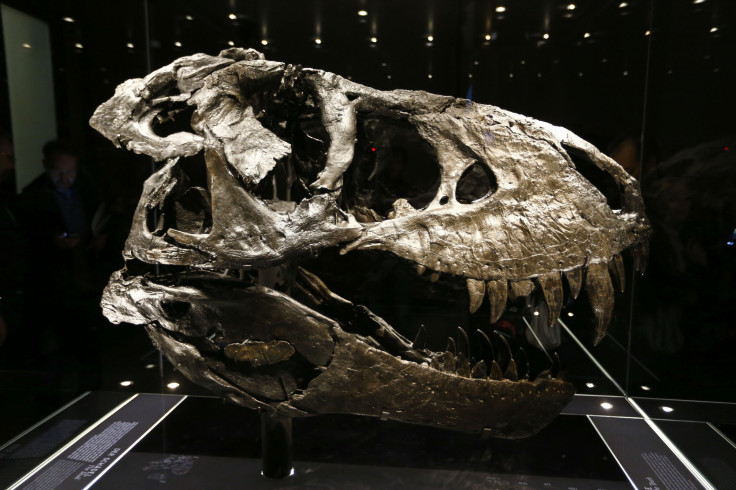New study shows dinosaurs struggled to survive on Earth even before space asteroid led to their extinction

A new study has revealed that dinosaurs were experiencing a decline millions of years prior to the 10-km wide cosmic rock crash that is believed to have wiped out the group of Triassic animals for good 66 million years ago.
Paleontologist Dr Manabu Sakamoto from the University of Reading, together with the research team he leads, found that various dinosaur species were actually in decline years before the asteroid’s impact as they could not keep up with earth’s dramatic changes.
Analysing fossil records and various statistics from the around the world, the researchers found the decline had begun at least 40 million years prior to the asteroid struck. This is attributed to evolutionary pressures that impacted different animals differently. For instance, the long necked vegetarian sauropod dinosaurs were dying off the fastest, while the iconic tyrannosaurus rex experienced a more gradual pace of extinction.
Conditions that were once perfect for dinosaurs, including warm and lush habitats, soon disappeared due to the earth’s evolution and changing patterns, such as land movements and volcanic activity. Although other mammals alive during the period adapted to the changes, dinosaurs found it difficult to sustain themselves.
Dinosaurs and mammals were evolving at the same time, however the dinosaurs reigned. Co-author Prof Mike Benton of Bristol University believes mammals would have seen supremacy, with or without space deciding.
“World climates were getting cooler at the time. Dinosaurs rely on quite warm climates and mammals are better adapted to the cold,” Benton told BBC News.
“So there might have been a switch over in any case without the asteroid impact.”
Dr Sakamoto believes the unexpected results of the research will now provide modern-day scientists with an opportunity to study endangered species in a fresh light, and learn from the dinosaur’s fate.
“Our study strongly indicates that if a group of animals is experiencing a fast pace of extension more so then they can replace, then they are prone to annihilation once a major catastrophe occurs,” Dr Sakamoto told the ABC.
“This has huge implications for our current and future biodiversity, given the unprecedented speed at which species are going extinct owing to the ongoing human-caused climate change.”





















